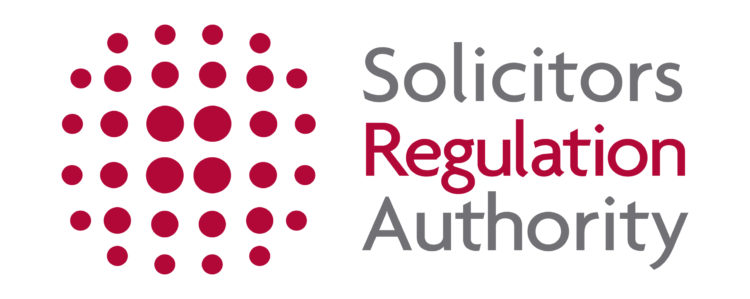By Lucy Caulkett-
An experienced solicitor has been fined a total of £46,000, including costs for making close to £50,000 in interest from an arrangement to lend money to his client.
Richard Barca, who is a member of London firm Wilson Barca, was slapped with the hefty fine for misconduct and abusing his position in taking advantage of a vulnerable client. The corrupt solicitor entered a contractual agreement with his client who was in debt of over £1m, in order to make a massive profit from the deal.
That deal was condemned by the Solicitors Regulation Authority(SRA) as” improper conduct that runs against the grain of the ethics and rules of the Solicitors Regulations Authority”.
Barca lent his client £27,000 to stave off her mortgage lender has been fined a total of £20,000 for taking advantage of a vulnerable client, the Solicitors Regulations Authority(SRA) has ruled. A spokesperson for The SRA said:
”All solicitors ion England and Wales are fully aware of the rules and regulations that govern their practise, and must be expected to be disciplined if they breach those terms. Exploiting vulnerable clients is prohibited in the legal profession, and those found to flout the rules will be punished”.
The Solicitors Tribunal heard that he charged an annual interest rate of 60% for the loan, an excessive amount. The SRA concluded that Barca took unfair advantage of the client after being instructed to advise her on a suspended possession order on her home brought by Santander.
Barca, whose full identity has not been disclosed, secured the agreement from Santander to extend the time limit for payment. Barca agreed to lend her the money to go towards the outstanding arrears on her property and debts owed to another party. The loan was presented as a mortgage deed between the client and a company called Safechase, of which Barca was the sole director and shareholder. The SRA concluded of the case:
‘[The client] had been a vulnerable client whose professional life and associated livelihood was in jeopardy when she consulted [Barca] as she was at risk of losing her home. [He] should have known better than to offer a loan to her in such an emotionally heightened and charged environment, without insisting that she took independent legal advice.’
Barca was fined £20,000 and ordered to pay £26,000 in costs.
REFUSAL
The client refused advice to seek legal counselling before agreeing to the deal, but failed to do so, in faith that the solicitor was all that was needed to complete what is in effect concluded to have been a corrupt deal. and Barca did not ensure she had.
Braca raised the raised the funds by remortgaging his own home. After she failed to make payments, Safechase repossessed the client’s property in December 2012.
Safechase eventually sold the property for £235,000, with the company receiving more than £76,000 (including almost £50,000 in interest rates, generated at £44.38 a day.
Barca admitted acting in an own interest conflict. The SRA concluded that Braca failed to act with integrity, bringing the legal profession to disrepute in the process.
Barca further admitted a charge of making a misleading claim in a witness statement in litigation related to the loan, where he had stated he did not act for the client in any capacity at the time. He submitted to the tribunal this was an honest mistake based on a misunderstanding about dates.
Barca attempted to escape his unethical conduct by arguing that the client was a childminder whose home was essential for her income. He argued that she faced losing everything if she did not pay outstanding arrears to her mortgage lender and her position was ‘hopeless’. In a subtle plea for mercy, Barca said he was pressured into lending the money after being persuaded by the lady who stood to loose her home and face bankruptcy proceedings if she didn’t get help.
He said it was the first time he ever lent money to a client, and would be the last time. last time. The tribunal found that Barca acted unprofessionally in agreeing the loan but that his misconduct was not planned. He acted in breach of a position of trust and was a very experienced solicitor whose culpability was high.

